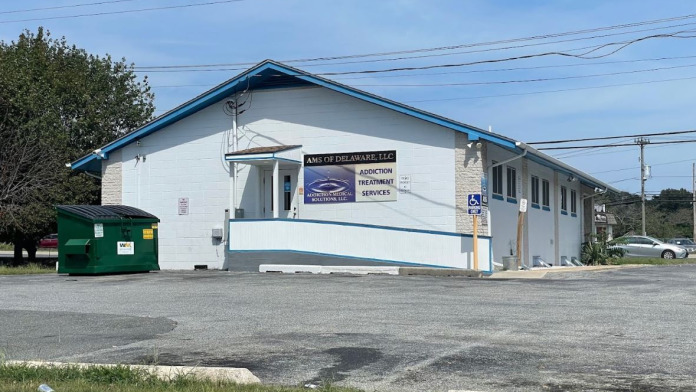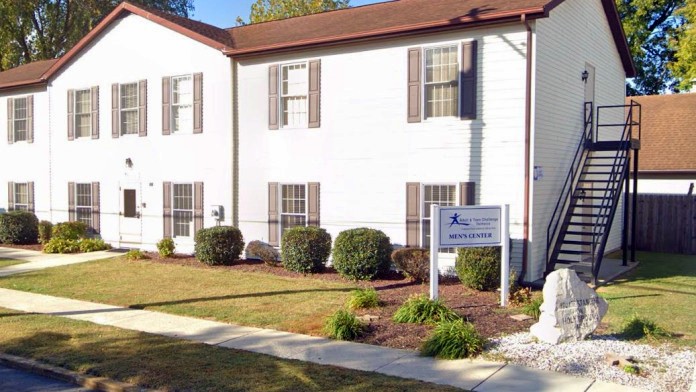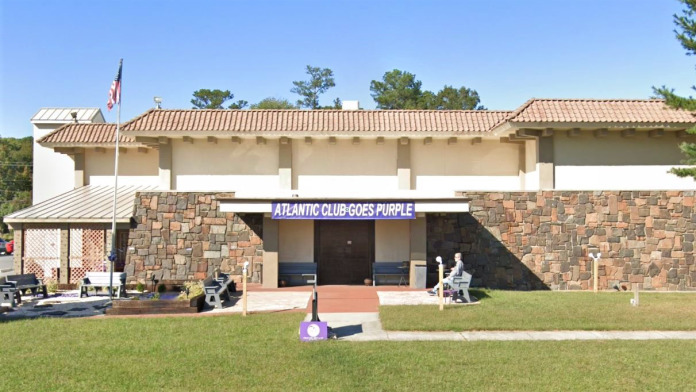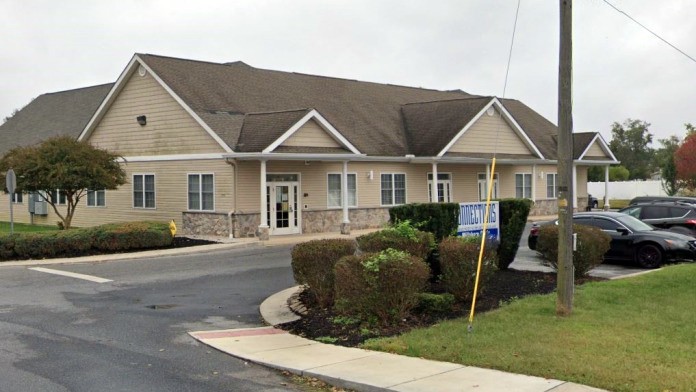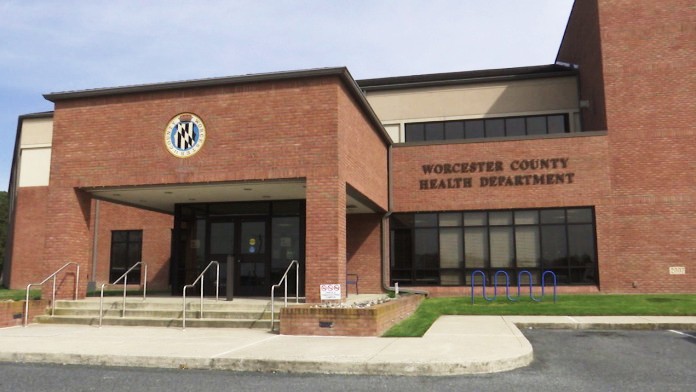Very knowledgeable therapist who provided nonjudgemental and empathetic counseling for heroin recovery process. Accepting, supportive and non stigmatizing environment. Friendly staff.
About ABR Counseling Associates
ABR Counseling Associates was a private drug and alcohol rehab facility in Selbyville, Delaware. The town was founded in 1778 along the Maryland border and today is a popular beach destination in areas like Fenwick Island and Ocean City.
Multidisciplinary Team Approach to Treatment
They had multiple therapists and providers who offered a range of services, including treatment for substance abuse and addiction. They believed therapy was an opportunity to get support and guidance on your journey to change. Their multidisciplinary staff included psychiatric mental health clinical nurse specialists, advanced practice registered nurses, psychologists, licensed clinical social workers, marriage and family therapists, and certified alcohol and drug counselors.
Each mental health professional brought a vast array of experience and education to the multidisciplinary team. They operated under the principle your mental health challenges were unique to you. Their mental health staff was dedicated to helping you build on your strengths, which could offer solutions to your mental health condition.
Their substance use disorder treatment included evidence-based therapies like cognitive behavioral therapy or motivational interviewing. This helped you understand the factors that triggered your addiction response and helped you develop healthier coping mechanisms. Treatment was provided as an outpatient to the community. Alongside drug and alcohol addiction treatment they also provided treatment for gambling addictions.
Treatment Addressed the Whole Family
When medications were needed to control a mental health condition or substance use disorder, they also offered medication management services to monitor your side effects and the efficacy of the prescription.
They recognized that addiction does not occur in a vacuum and provided therapy services to address the whole family, including child therapy, marriage and family therapy, and treatment for co-occurring mental health conditions like depression, anxiety and eating disorders.
The therapy staff also addressed the needs of sex offenders and victims as well as those who struggled with sexual disorders. They accepted many of the insurance providers in Delaware, including Blue Cross Blue Shield, United Healthcare, Delaware Physicians Care, Pacificcare Behavioral Health, Medicare, Medicaid, and TriCare military insurance.
Rehab Score
Accepted Insurance

Other Forms of Payment
Medicaid is a state based program that helps lower-income individuals and families pay for healthcare. Medicaid covers addiction treatment so those enrolled can use their coverage to pay for rehab. When a program accepts Medicaid the client often pays very little or nothing out of their own pocket.
Private insurance refers to any kind of healthcare coverage that isn't from the state or federal government. This includes individual and family plans offered by an employer or purchased from the Insurance Marketplace. Every plan will have different requirements and out of pocket costs so be sure to get the full details before you start treatment.
Self-pay involves paying for treatment out of your own pocket. You can use savings or credit, get a personal loan, or receive help from family and friends to fund your treatment. If you don't have insurance or your insurance plan doesn't cover a specific program, self-pay can help ensure you still get the care you need.
Financial aid can take many forms. Centers may have grants or scholarships available to clients who meet eligibility requirements. Programs that receive SAMHSA grants may have financial aid available for those who need treatment as well. Grants and scholarships can help you pai for treatment without having to repay.
Military members, veterans, and eligible dependents have access to specific insurance programs that help them get the care they need. TRICARE and VA insurance can help you access low cost or no cost addiction and mental health treatment. Programs that accept military insurance often have targeted treatment focused on the unique challenges military members, veterans, and their families face.
Addiction Treatments
Levels of Care
 Outpatient
Outpatient
Treatments
Many of those suffering from addiction also suffer from mental or emotional illnesses like schizophrenia, bipolar disorder, depression, or anxiety disorders. Rehab and other substance abuse facilities treating those with a dual diagnosis or co-occurring disorder administer psychiatric treatment to address the person's mental health issue in addition to drug and alcohol rehabilitation.
Mental health rehabs focus on helping individuals recover from mental illnesses like bipolar disorder, clinical depression, anxiety disorders, schizophrenia, and more. Mental health professionals at these facilities are trained to understand and treat mental health issues, both in individual and group settings.
Programs

Adult Program

Young Adult Program
Clinical Services
Whether a marriage or other committed relationship, an intimate partnership is one of the most important aspects of a person's life. Drug and alcohol addiction affects both members of a couple in deep and meaningful ways, as does rehab and recovery. Couples therapy and other couples-focused treatment programs are significant parts of exploring triggers of addiction, as well as learning how to build healthy patterns to support ongoing sobriety.
Research clearly demonstrates that recovery is far more successful and sustainable when loved ones like family members participate in rehab and substance abuse treatment. Genetic factors may be at play when it comes to drug and alcohol addiction, as well as mental health issues. Family dynamics often play a critical role in addiction triggers, and if properly educated, family members can be a strong source of support when it comes to rehabilitation.
Group therapy is any therapeutic work that happens in a group (not one-on-one). There are a number of different group therapy modalities, including support groups, experiential therapy, psycho-education, and more. Group therapy involves treatment as well as processing interaction between group members.
In individual therapy, a patient meets one-on-one with a trained psychologist or counselor. Therapy is a pivotal part of effective substance abuse treatment, as it often covers root causes of addiction, including challenges faced by the patient in their social, family, and work/school life.
Trauma therapy addresses traumatic incidents from a client's past that are likely affecting their present-day experience. Trauma is often one of the primary triggers and potential causes of addiction, and can stem from child sexual abuse, domestic violence, having a parent with a mental illness, losing one or both parents at a young age, teenage or adult sexual assault, or any number of other factors. The purpose of trauma therapy is to allow a patient to process trauma and move through and past it, with the help of trained and compassionate mental health professionals.
Staff
Joseph B Hicks
Owner
